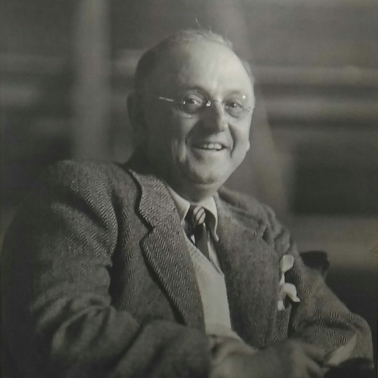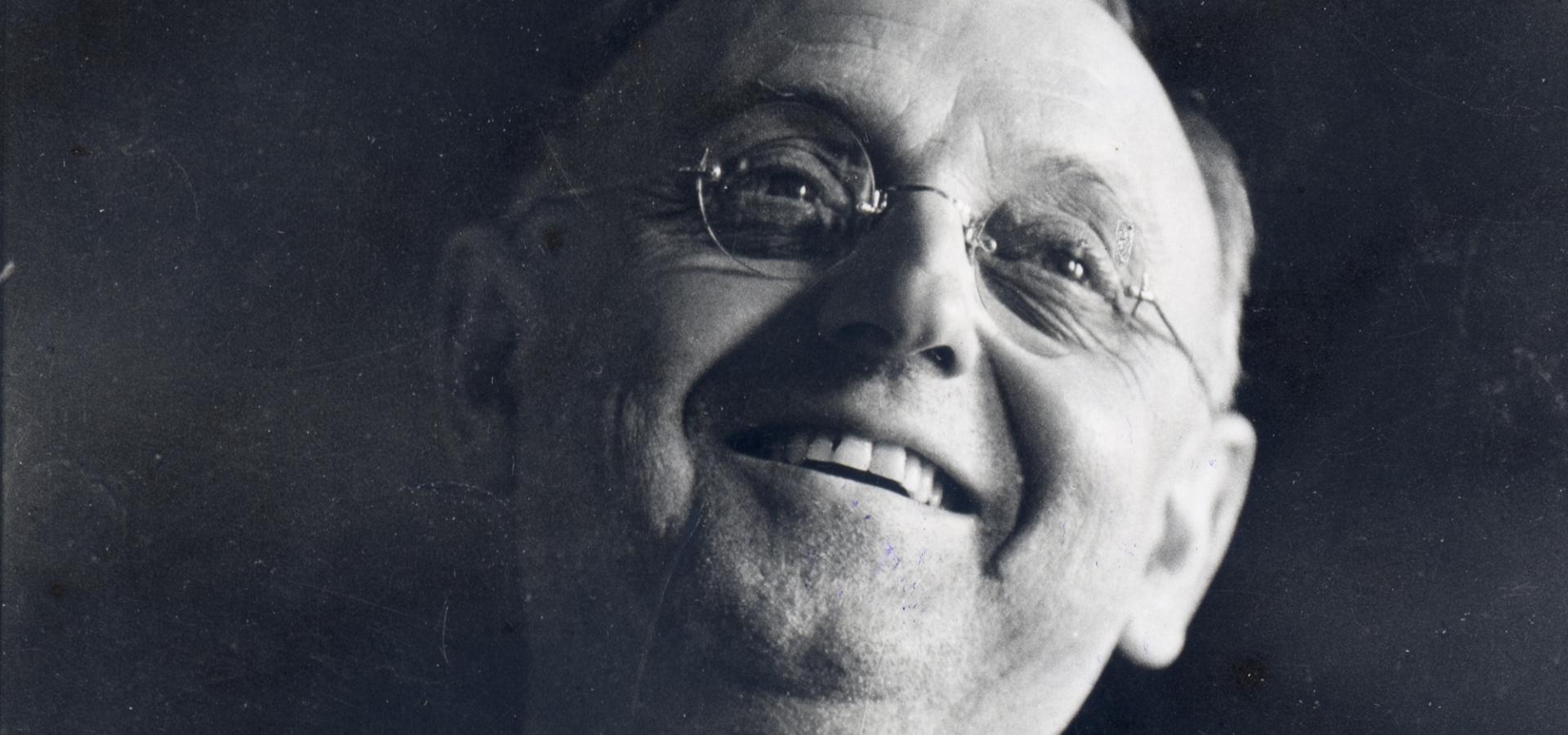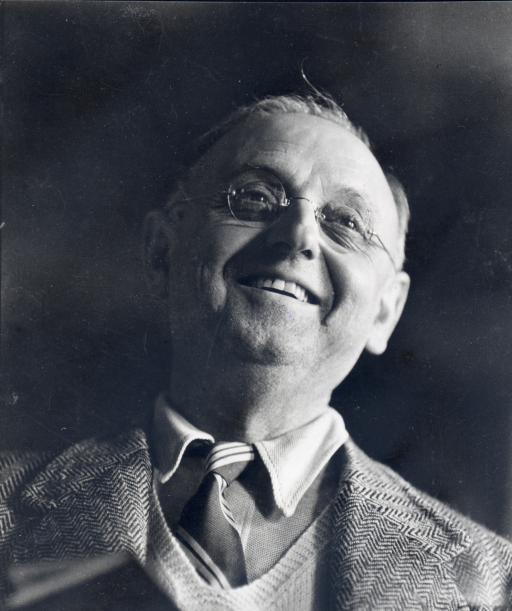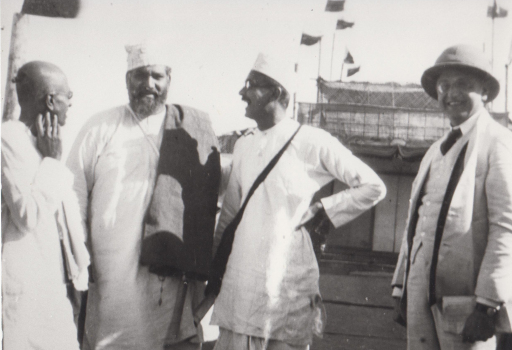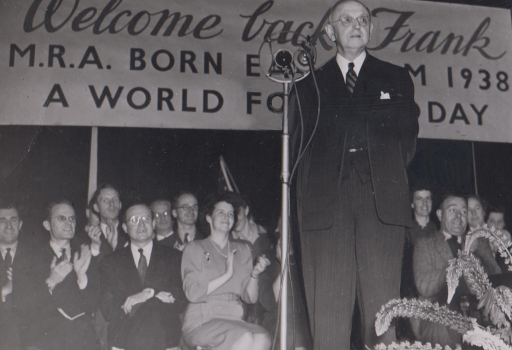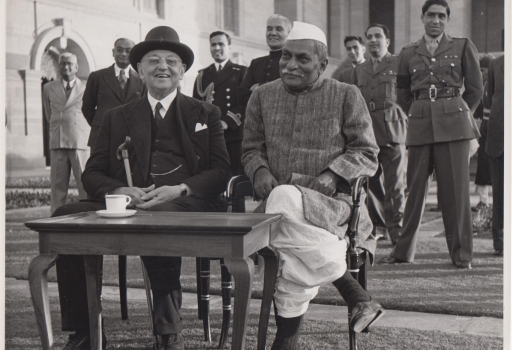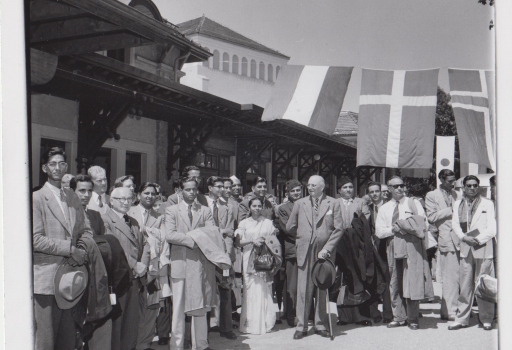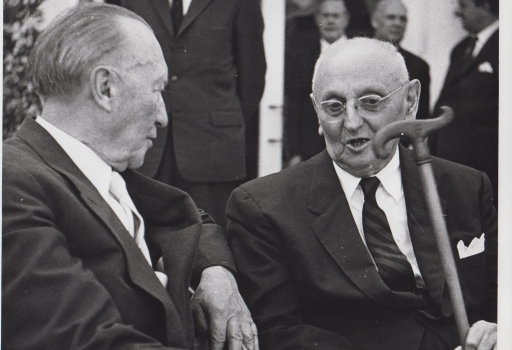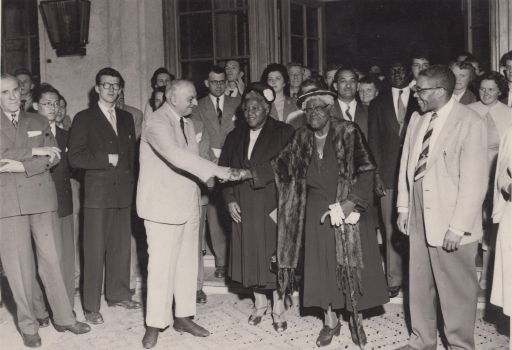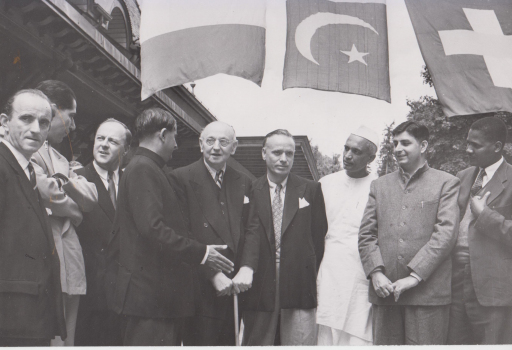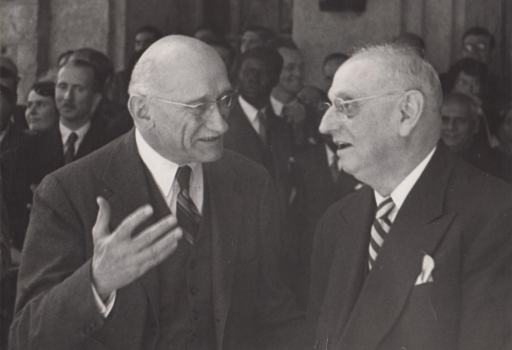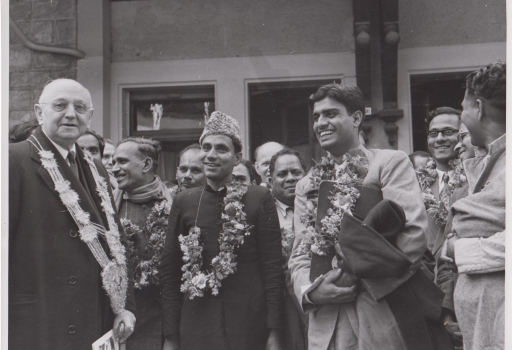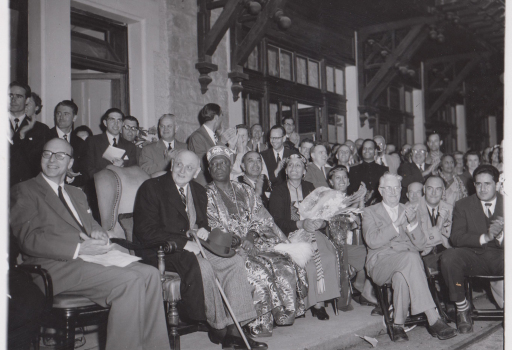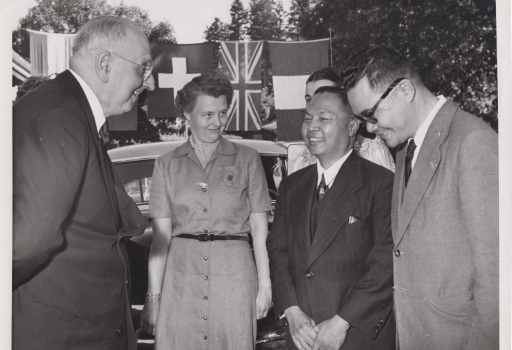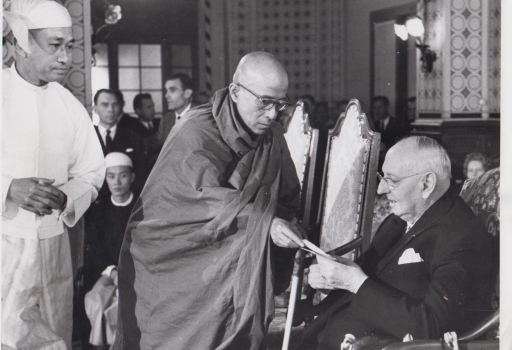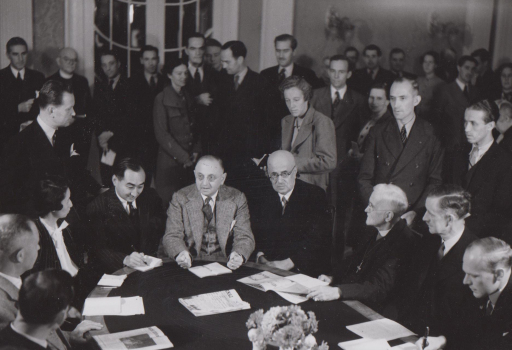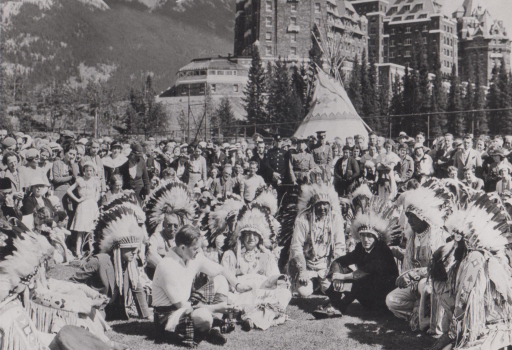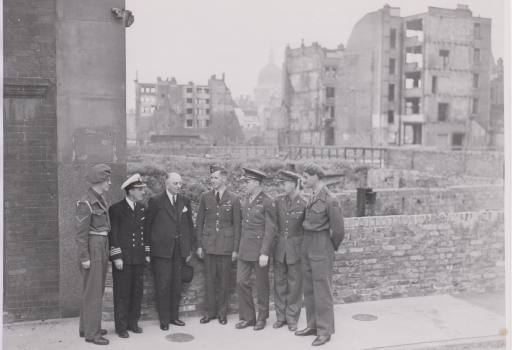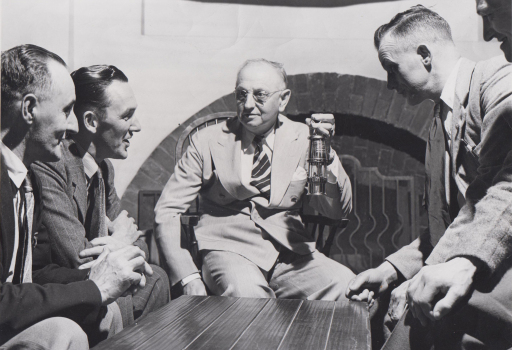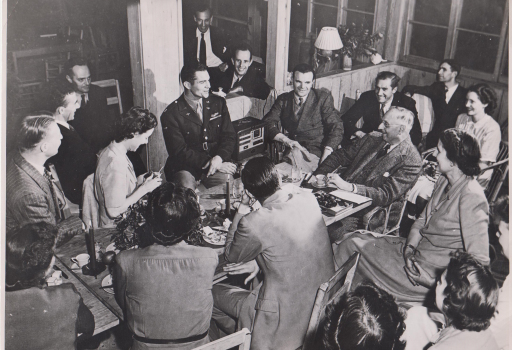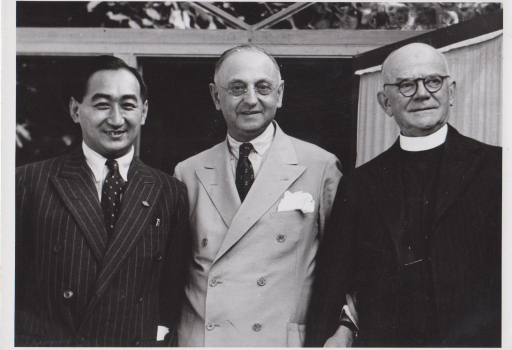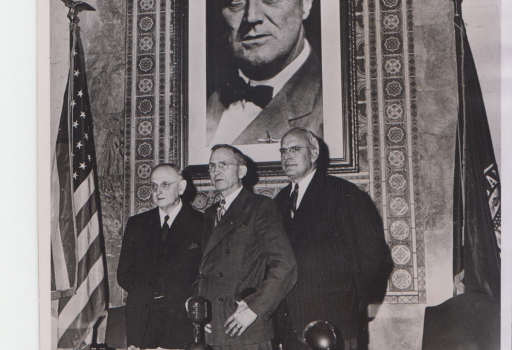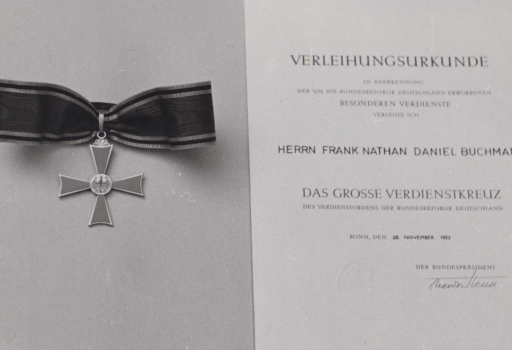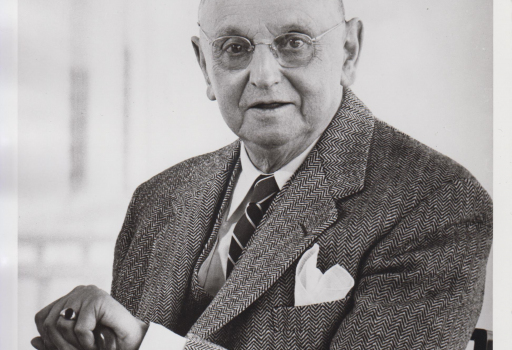He wrote to the trustees, apologizing for his ill-will.
The strength of this experience convinced Buchman that moral compromise was destructive of human character and relationships, and that moral strength was a prerequisite for building a just society. His experience led him to give the rest of his life to helping others, through personal encounters and the sharing of personal experience.
In the 1920s, Buchman was a frequent visitor to Oxford University. He adopted the practice of taking time every morning in silence to search for any thoughts that God might give him. And he tested his thoughts against absolute standards of honesty, purity, unselfishness and love. Many students’ lives were turned in more positive directions after their encounters with Buchman. In 1928, a group of university students, inspired by Buchman, took their own message of personal change to South Africa. The press labelled them the 'Oxford Group', and the name stuck to the work which Buchman had started.
In 1938, with the world on the brink of war, Buchman spoke to a public audience, including many labor leaders, in the east end of London.
'Hostility piles up between nation and nation... The cost of bitterness and fear mounts daily,' he said. `The remedy may lie in a return to those simple truths which many of us have forgotten - honesty, purity, unselfishness and love. The crisis is fundamentally a moral one. The nations must rearm morally...'
Buchman sensed that people who had enriched their personal experience of faith through the Oxford Group could make a contribution to the problems of the wider world. Thus a movement for 'Moral Re-Armament' was launched.
